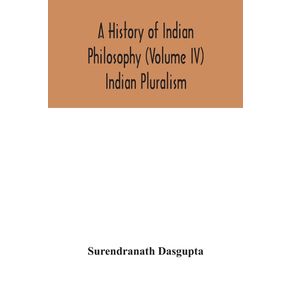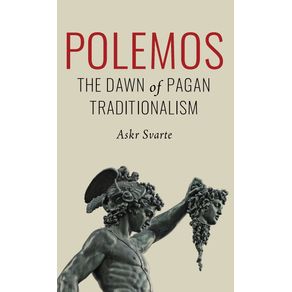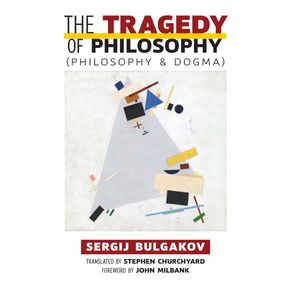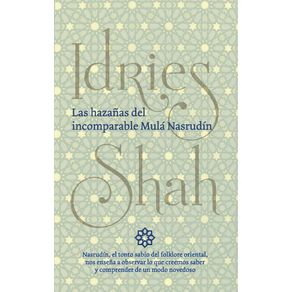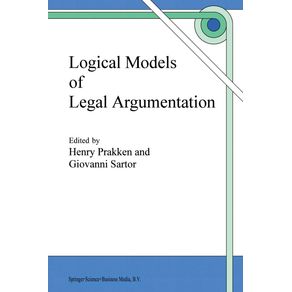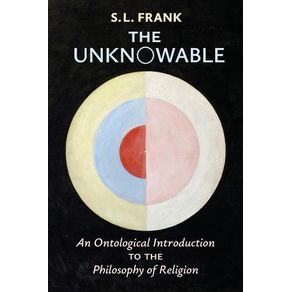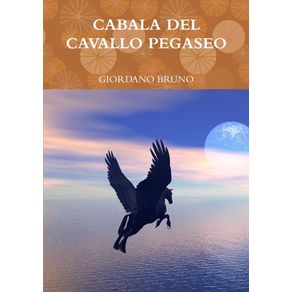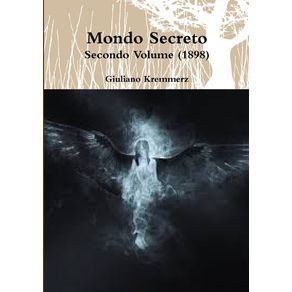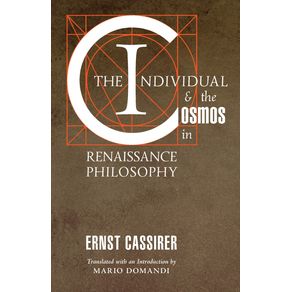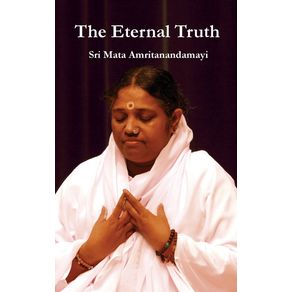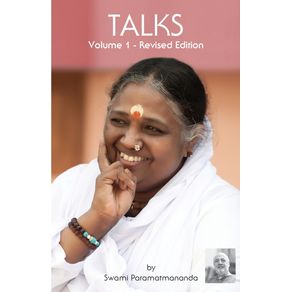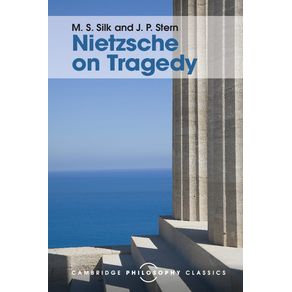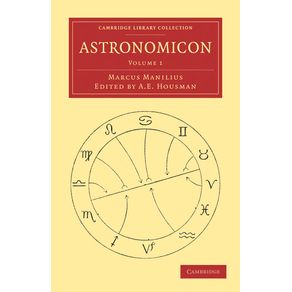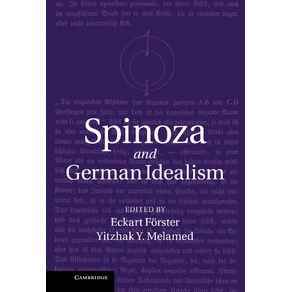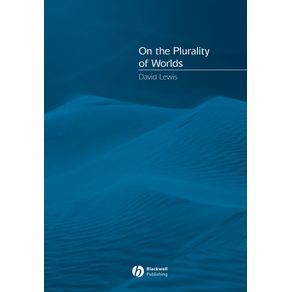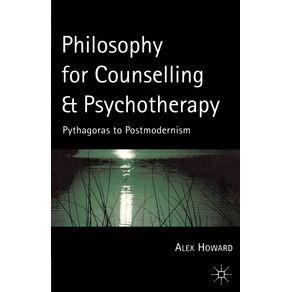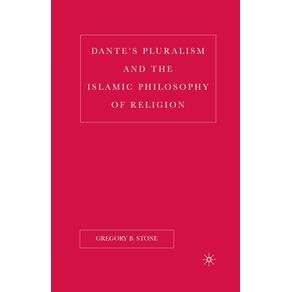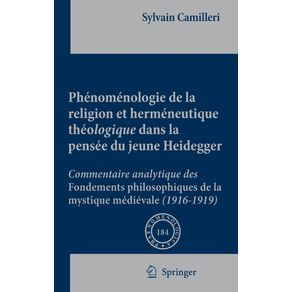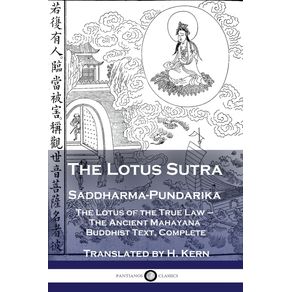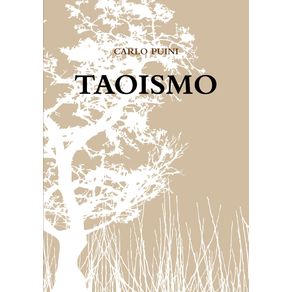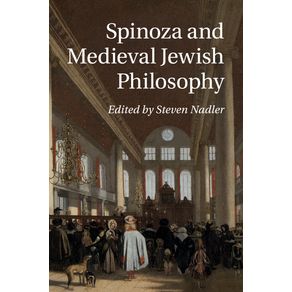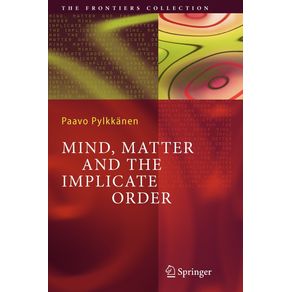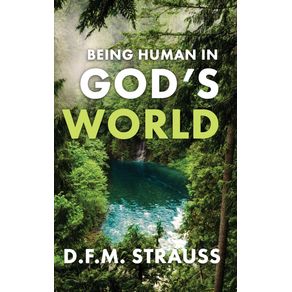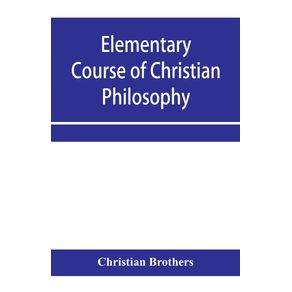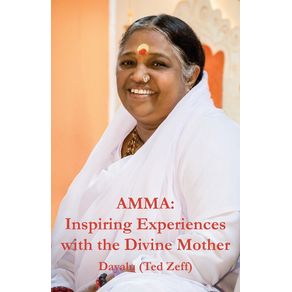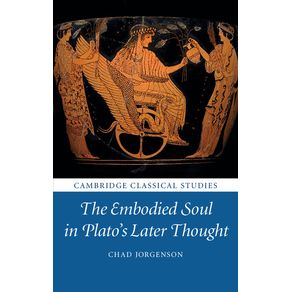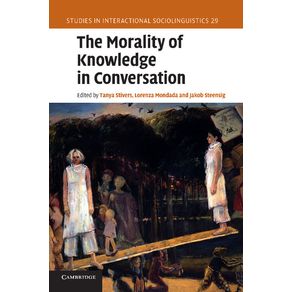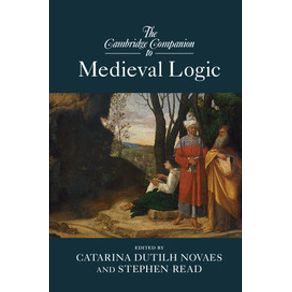-
DEPARTAMENTOS
- ANIMAIS DE ESTIMAÇÃO
- ARTES
- AUTO AJUDA
-
BEM ESTAR E LAZER
-
CATEGORIAS
-
-
CULINÁRIA E GASTRONOMIA
-
CATEGORIAS
-
-
ESPORTES
-
CATEGORIAS
-
- INFANTIL
-
RELIGIÃO
-
CATEGORIAS
-
- ADMINISTRAÇÃO E NEGÓCIOS
-
CIÊNCIAS BIOLÓGICAS E NATURAIS
-
CATEGORIAS
-
- DIREITO
- ECONOMIA
-
MEDICINA
-
CATEGORIAS
-
-
TODOS DEPARTAMENTOS
-
INTERESSE GERAL
-
LIVROS TÉCNICOS
-
- IMPORTADOS
Does Postmodernism Compare?
Cód:
491_9783836454308
Does Postmodernism Compare?
Autor:
Editora:
Código:
491_9783836454308
Vendido e entregue por Um Livro
Early scholars in comparative education sought to achieve verstehen, an internalized understanding, of the nature of education in a culture. They accessed German concepts, particularly Wilhelm Diltheys, to interpret national studies to include the Triebkräfte, or forces, that made each nations education system unique. Diltheys inclusion of Johann von Herders and Friedrich Schleiermachers anti-rationalist ideas of intuitus and incommensurability was brought forward by Martin Heidegger, whose phenomenology incorporated these Idealist foundations. By the 1990s, some comparativists advocated for epistemologies and methodologies drawn from Heidegger and Michel Foucault, Jacques Derrida, and other postmodernists whose positioning was derived from Heideggers thought.This book analyzes these theorists foundational assumptions, exploring their use in epistemological and methodological approaches in recent studies in three major journals: Compare, Comparative Education, and Comparative Education Review. This examination of the conceptual influence Idealist and postmodern premises have had will benefit professionals in all areas of the fields of education and philosophy.
Veja mais
